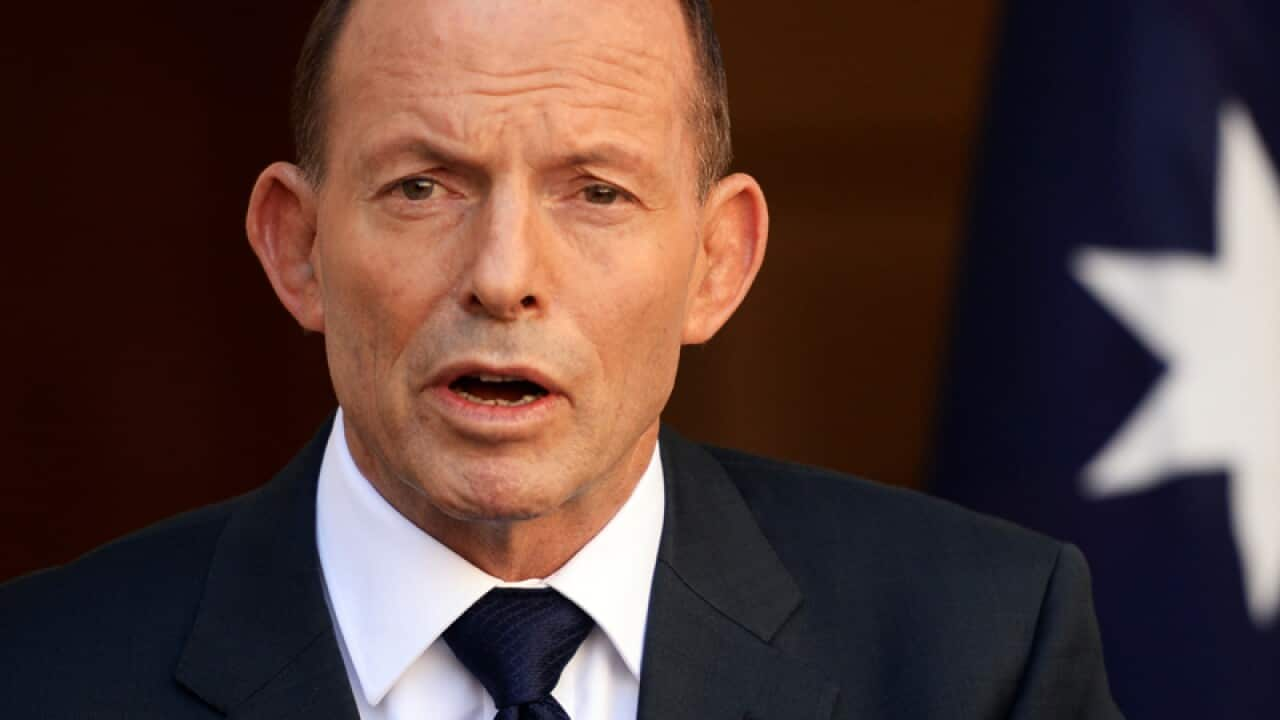Austria has largely served as a conduit into Germany for hundreds of thousands of Middle Eastern, African and Asian migrants fleeing wars and hardship who have traveled from the Mediterranean and through the Balkans since early September.
But as the southern German province of Bavaria, which borders Austria, has complained increasingly stridently to Berlin that it is reaching the limits of its capacity to receive refugees, concern in Austria has risen that Germany could further restrict arrivals, creating a backlog.
German Interior Minister Thomas de Maiziere accused Austria on Wednesday of driving refugees to the German border after dark, suggesting it was doing so to help them cross undetected, and he said he expected Vienna to return to an orderly process immediately.
Shortly before de Maiziere's remarks, Austrian Chancellor Werner Faymann said Austria was planning to build barriers at the Spielfeld border crossing with Slovenia through which several thousand migrants pass daily.
Having criticized the government of neighboring Hungary for building razor-wire border fences to keep migrants out, Austria was at pains to explain that the Spielfeld barriers it was planning would be much more limited and were not comparable to those of Hungary.
"We want to be able to carry out controls on people, and for that one needs certain technical security measures," Faymann, a Social Democrat, told reporters after a weekly cabinet meeting.
No open invitation policy
His coalition partner, Vice Chancellor Reinhold Mitterlehner, a conservative, said another aim of the measure was to discourage migrants from coming.
"Slowly word will spread among the refugees that individual states do not have a form of invitation policy but are at the limits of their capacity and are carrying out tougher controls and security measures," Mitterlehner said.
Speaking in Kosovo, Austrian President Heinz Fischer said his country had handled refugee crises before though it was now facing an influx the likes of which the Alpine nation of 8.5 million people had never experienced. "We are reaching the limits of our capacity," he said.
Austria announced tougher border controls last month but since then it has largely refrained from implementing them when large groups of migrants have arrived.
"I expect, firstly, that the flow will thin, which is an advantage, and, secondly, that it will be lower overall," said Mitterlehner.
The flow of migrants shifted this month after Hungary fenced off its border with Croatia, prompting those trying to reach Germany to transit Slovenia rather than Hungary.
Interior Minister Johanna Mikl-Leitner, who on Tuesday announced the plan to introduce "technical barriers", told ORF radio on Wednesday that it would involve erecting a fence.
Faymann, who has been particularly critical of right-wing Hungarian Prime Minister Viktor Orban, likening his treatment of migrants to Nazi-era deportations, defended Austria's measures.
"We are not fencing Austria in," Faymann told a news conference after a weekly cabinet meeting, adding the plan, which had yet to be finalised, did not involve barbed wire.
"This is not about a border barrier of several kilometers," he said, adding technical experts would determine the shape and size of the barriers.
Share



